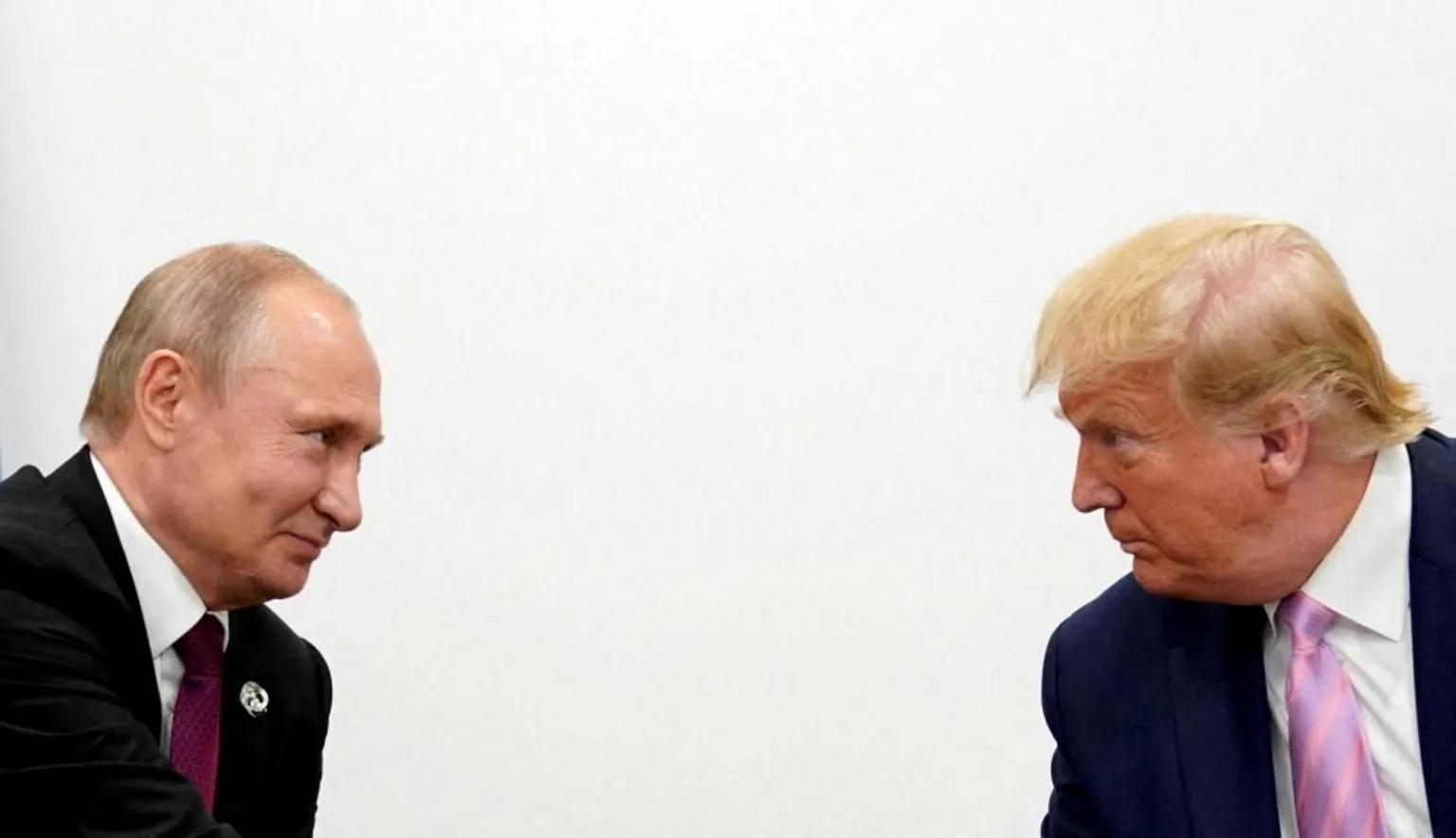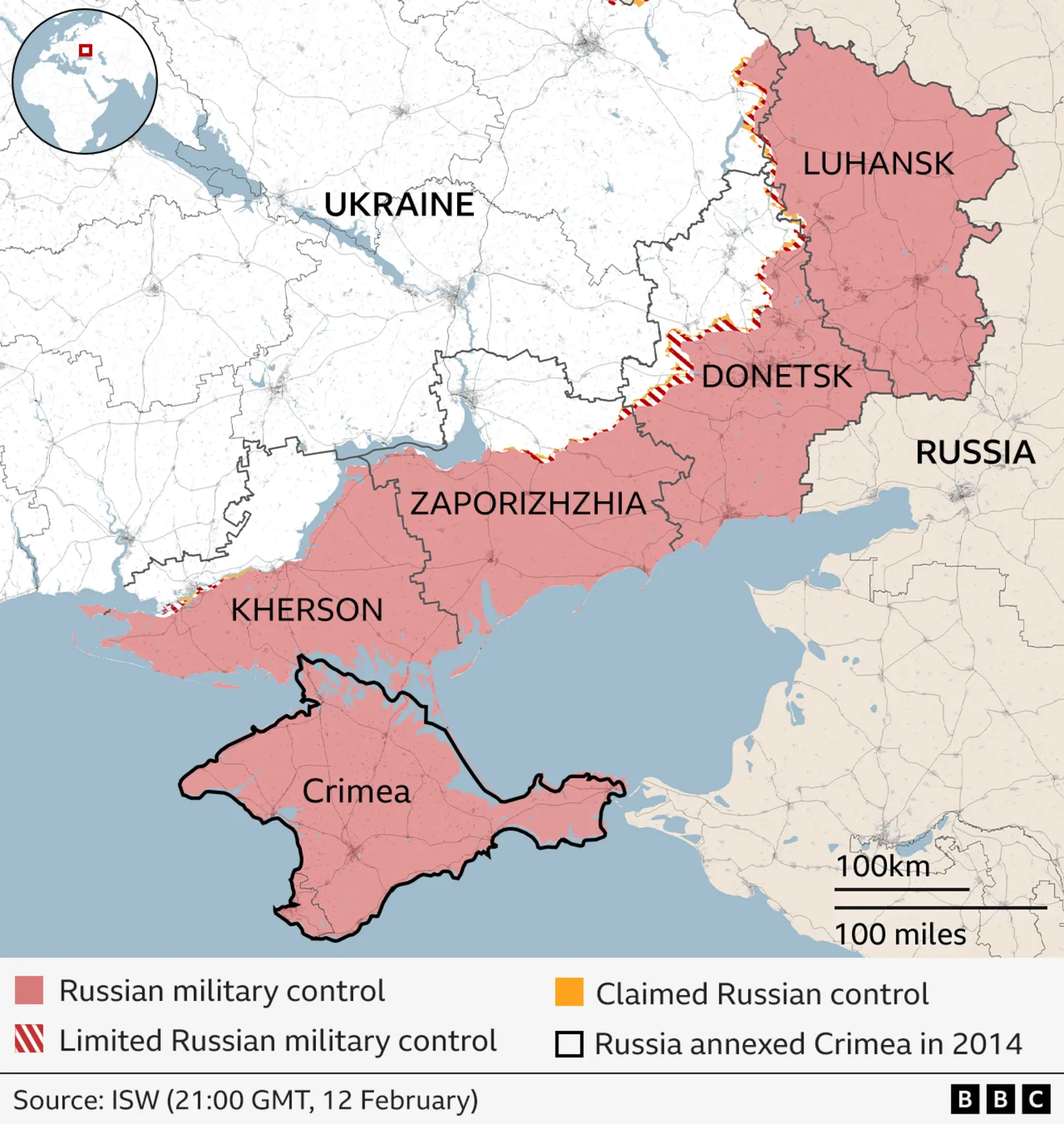U kraine’s President Volodymyr Zelensky is facing a stark new reality as former U.S. President Donald Trump returns to the global stage with a foreign policy approach that appears to favor Russian interests. With a shift in Washington’s stance, U.S. allies—especially Ukraine—are navigating uncertain and potentially dangerous terrain.
Zelensky was already on edge when Trump abruptly announced a 90-minute phone conversation with Russian President Vladimir Putin, marking a significant thaw in relations between Moscow and Washington. Reports suggest that a face-to-face meeting between Trump and Putin could soon take place, possibly in Saudi Arabia.
After speaking with Putin, the White House reached out to Zelensky. The Ukrainian leader later admitted that while he had no choice but to accept the sequence of calls, it was “not very pleasant.” However, what stung even more was Trump’s apparent dismissal of Ukraine’s autonomy in peace negotiations. Zelensky’s biggest fear is that Trump and Putin could attempt to decide Ukraine’s future without Kyiv at the table.
“Ukraine will not be able to accept any agreements made without its involvement,” Zelensky told journalists, warning that Putin is pushing for exclusive bilateral talks to shape the outcome of the war.
A Tougher Road Ahead for Ukraine
Zelensky is set to attend the Munich Security Conference, where he hopes to rally support from European allies. However, he faces a difficult meeting with U.S. Vice President JD Vance, who has been a vocal critic of military aid to Ukraine.
American officials are reportedly pressuring Ukraine to accept that it is losing the war and must reconsider its objectives. But Zelensky remains defiant, arguing that Ukraine can still win—provided it receives the right support.
European allies are also concerned about Washington’s shift in stance. EU foreign policy chief Kaja Kallas stressed that Europe must play a central role in any negotiations, stating:
“Our priority now must be strengthening Ukraine and providing robust security guarantees.”
Despite their strong rhetoric, European countries lack the advanced military capabilities that the U.S. provides—such as Patriot missile defense systems that protect Kyiv. Zelensky has acknowledged this harsh reality, telling The Guardian:
“Security guarantees without America are not real security guarantees.”
Putin’s Newfound Leverage
For Putin, Trump’s return offers a diplomatic windfall. The previous U.S. administration under Joe Biden took a hardline stance against Russia, with Biden famously calling Putin a “brutal tyrant” and cutting off communications after Russia’s full-scale invasion of Ukraine in 2022.
Trump’s approach is markedly different. Following his call with Putin, Trump took to his platform, Truth Social, to celebrate “great talks with Russia and Ukraine,” adding that there was a “good possibility of ending that horrible, very bloody war!!!”
Putin now finds himself in a stronger negotiating position, possibly even dictating the terms of a settlement. Trump, in an apparent nod to Moscow, recently suggested that Russia’s battlefield gains should factor into peace talks.
“They took a lot of land, and they fought for that land,” Trump said. “Some of it will come back.”
Trump’s Defense Secretary Pete Hegseth reinforced this stance at a NATO meeting, calling Ukraine’s goal of restoring its pre-2014 borders “unrealistic.”
“Chasing this illusionary goal will only prolong the war and cause more suffering,” Hegseth added.
A Risky Diplomatic Gamble
Trump has positioned himself as the dealmaker who can end the war. But even before negotiations formally begin, he has already made significant concessions—ruling out Ukraine’s NATO membership and suggesting that Kyiv may have to cede land to Russia.
Veteran Swedish diplomat Carl Bildt took to social media to mock Trump’s approach, comparing it to the infamous Munich Agreement of 1938, when British Prime Minister Neville Chamberlain’s appeasement of Adolf Hitler led to further aggression.
“It’s certainly an innovative approach to a negotiation to make very major concessions even before they have started. Not even Chamberlain went that low in 1938. That Munich ended very bad anyhow.”
Bildt accompanied his post with a historic image of Chamberlain waving the infamous agreement that paved the way for Nazi expansionism.
Trump’s foreign policy shift presents a daunting challenge for Ukraine. Zelensky insists that his country will not surrender its occupied territory or abandon its NATO aspirations. But Putin’s demands—which include permanent Russian control over annexed Ukrainian regions and a demilitarized, neutral Ukraine—are far from a genuine peace proposal.
Zelensky is now at one of the most precarious moments of his leadership. With Russia advancing on the battlefield and U.S. support in doubt, the war is at a crossroads. Whether Ukraine’s Western allies will stand firm—or force Kyiv into a difficult compromise—remains to be seen.







0 Comments